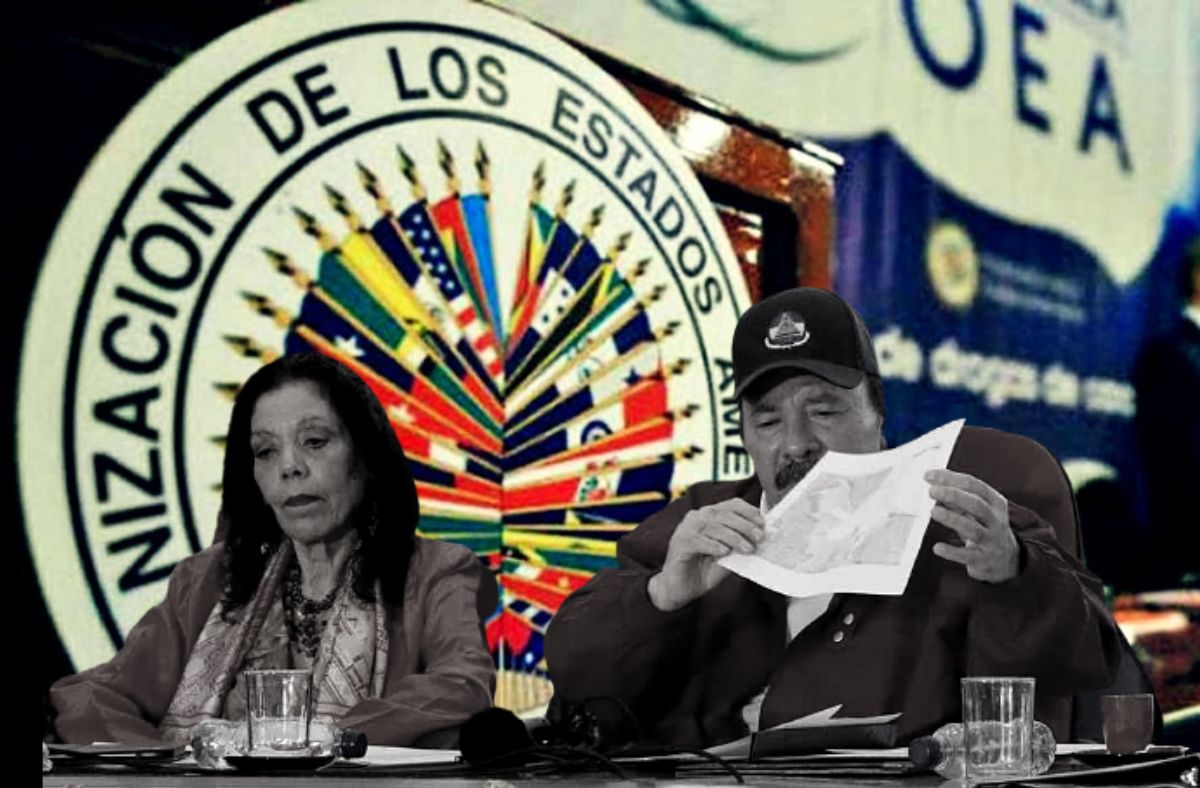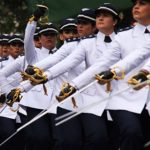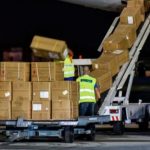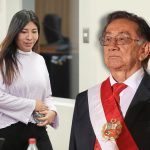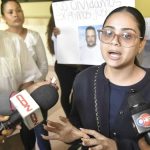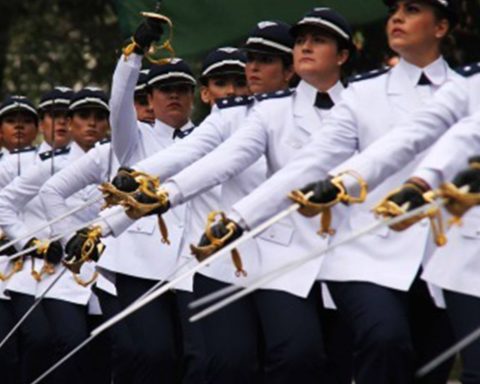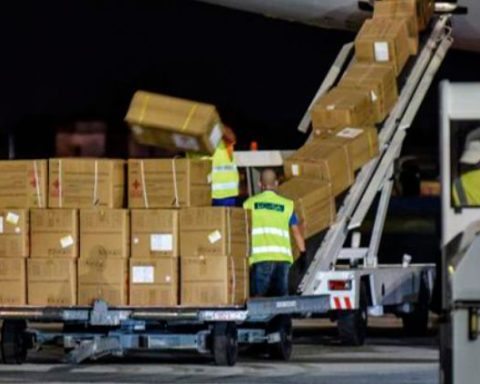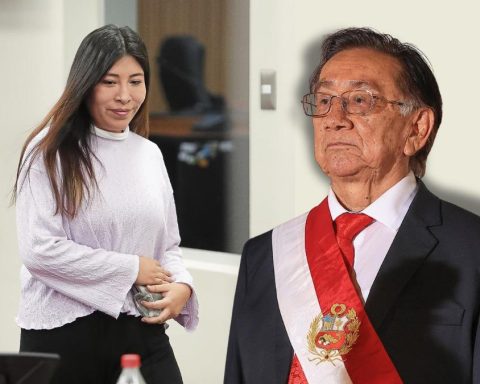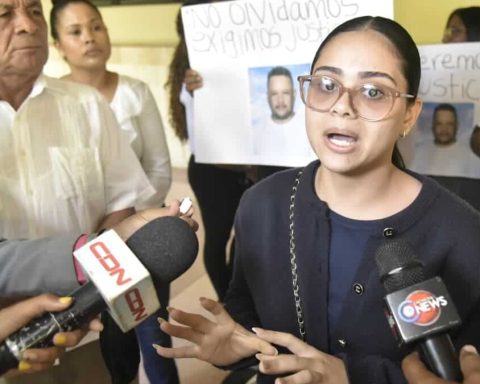The Nicaraguan regime has no interest in sitting down to talk with the Organization of American States (OAS) or with the United States government to find a solution to the social, political, economic and human rights crisis that the country has been experiencing since April of 2018, this was confirmed in a telephone press conference by the new ambassador of Joe Biden before the OASFrancisco Mora.
The North American diplomat defended the role that the continental body has played in exerting pressure on the dictatorship of Daniel Ortega and Rosario Murillo in the search for democratic change. He affirmed that the OAS has pronounced itself “clearly” in favor of the Nicaraguan people and democracy.
«Unfortunately the Ortega-Murillo regime It has no interest, it has no will to enter into conversations, not only with the OAS; but with his own people. The repression that we have seen in Nicaragua is truly brutal. The OAS and the United States would always be willing to have talks; as long as Nicaragua is serious about having an open, honest dialogue on the issue of democracy and human rights,” Mora said.
Related news: The US asks the OAS to maintain pressure against the regimes of Nicaragua, Cuba and Venezuela
Regarding Nicaragua’s permanence in the OAS, he maintained that said organization is the only forum in the Western Hemisphere where democratically elected countries have representatives and “all are committed to defending democracy and human rights.”
He stressed that in the region he has seen “the erosion of democracy, we are seeing violations of human rights in many countries,” alluding to Nicaragua, Cuba and Venezuela, nations under dictatorships.
The “pressure” on the Ortega regime
Various groups of Nicaraguan opponents have asked the OAS for more forcefulness against Ortega so that the actions are more effective. The new US ambassador to that body pointed out that the continental forum is “focused on finding ways to pressure diplomatically” when necessary and to call attention when there are violations of human rights or violations of peace in the region.
The diplomat assured that the OAS “does not have hard tools” that could pressure a country like Nicaragua to carry out the reforms and democratization that is required.
“Yes, the OAS has shed (shown) the light on Nicaragua, has helped to isolate Nicaragua. Nicaragua is isolated due to the measures and resolutions that were approved by the OAS, by the majority of the members and the Inter-American Commission on Human Rights (IACHR) has presented reports highlighting the situation in the country, which contributes a lot to the pressure and isolation from Nicaragua,” he mentioned.
Despite all these actions, the restoration of democracy has not been achieved, but the US ambassador attributes this to the fact that the “authoritarian regime” as it exists in Nicaragua is not willing, under any condition, to carry out any type of change, to reforms that lead to a solution to the sociopolitical crisis.
Nicaragua decided on November 19, 2021 to withdraw from the OAS because, according to the diplomat, it did not want to withstand the pressure and efforts of the members of the organization, including the IACHR, which produced “important reports” on the situation of the Central American country. “He isolated himself from the Inter-American System and has not wanted to have any conversation with the OAS or with his people,” he reaffirmed.
The return of democracy
On January 18, Mora asked the members of the organization to maintain pressure against the regimes of Nicaragua, Venezuela and Cuba so that they return to “democracy.”
“We must speak up and defend democracy when it is under attack. All our delegations should be concerned about the erosion of democracy and the impact of corruption in the Americas,” he declared in his first speech before the OAS Permanent Council.
Mora considered that the Member States “cannot remain silent” when a government “silences the opposition and intimidates civil society.” In this sense, he gave the example of Nicaragua, a country from which he demanded “the immediate and unconditional” release of political prisoners under the dictatorship of Daniel Ortega.
“The OAS member states have to keep up the pressure on the Ortega regime to change its course,” he declared.
